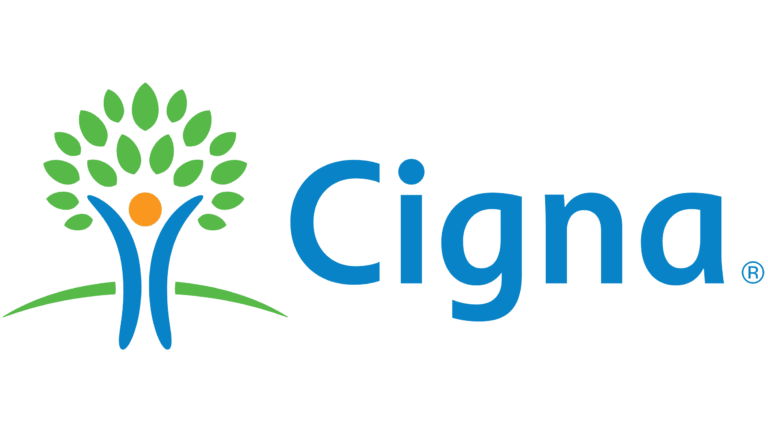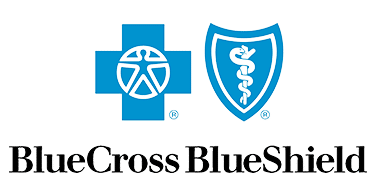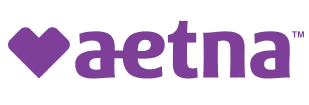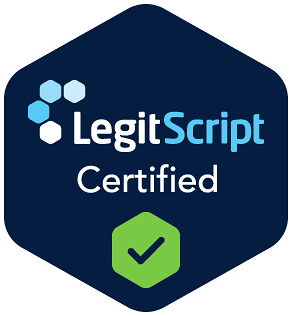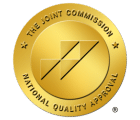How to Get Help for Addiction
Addiction is a complex and chronic disease that affects millions of individuals and their families worldwide. It is characterized by the compulsive use of substances despite harmful consequences. While overcoming addiction is a challenging journey, it is important to remember that recovery is possible.
Understanding the Disease of Addiction
Addiction is far more than a lack of willpower or moral failing; it is a medical condition that alters the brain’s chemistry and functioning. Prolonged substance use affects the brain’s reward system, leading to cravings, increased tolerance, and withdrawal symptoms when not using the substance. These changes make it incredibly difficult for individuals to quit on their own, even when they realize the negative impact on their lives.
The Impact of Addiction on a Person’s Life
Addiction can wreak havoc on nearly every aspect of an individual’s life, including:
- Physical Health: Substance abuse can lead to a multitude of health problems, including liver disease, cardiovascular issues, respiratory problems, weakened immune system, and overdose.
- Mental Health: Addiction often co-occurs with mental health disorders such as depression, anxiety, and bipolar disorder. The cycle of substance abuse can exacerbate existing mental health conditions and vice versa.
- Relationships: Addiction can strain relationships with family, friends, and partners due to erratic behavior, dishonesty, and neglect of responsibilities.
- Financial Stability: The cost of sustaining an addiction can lead to severe financial problems, including debt, unemployment, and even legal issues.
- Overall Quality of Life: The overarching result is a diminished quality of life, where achieving long-term goals, experiencing joy, and maintaining a balanced lifestyle becomes nearly impossible.
Signs That Someone Needs Help
Recognizing the signs of addiction is the first step toward seeking help. Here are some indicators that someone may need professional assistance:
- Increased Tolerance: Needing larger amounts of the substance to achieve the same effect.
- Withdrawal Symptoms: Experiencing physical and mental withdrawal symptoms when not using the substance.
- Loss of Control: Attempting to reduce or control substance use but failing repeatedly.
- Neglecting Responsibilities: Ignoring work, school, or family obligations due to substance use.
- Health Issues: Recurrent health problems related to substance use.
- Behavioral Changes: Sudden or severe changes in behavior, mood swings, secrecy, and isolation.
- Continued Use Despite Consequences: Persisting in substance use despite understanding its negative impact on various aspects of life.
Typical Options for Treating Addiction
Fortunately, there are several effective treatment options for addiction, which can be tailored to meet an individual’s unique needs. Here are some of the most common strategies:
- Detoxification: The first step in many treatment programs, detox involves medically supervised withdrawal to cleanse the body of the addictive substance safely.
- Inpatient Treatment: Also known as residential treatment, this involves living at a treatment facility for an extended period, receiving intensive therapy, medical care, and support.
- Outpatient Treatment: This allows individuals to live at home while attending scheduled therapy sessions and support groups. It offers flexibility while providing structure and accountability.
- Therapy and Counseling: Evidence-based therapies such as Cognitive Behavioral Therapy (CBT), Dialectical Behavior Therapy (DBT), and Motivational Interviewing (MI) are integral parts of treatment.
- Medication-Assisted Treatment (MAT): Prescription medications can be used to manage withdrawal symptoms, reduce cravings, and treat co-occurring mental health conditions.
- Support Groups: Groups like Alcoholics Anonymous (AA), Narcotics Anonymous (NA), and other peer support groups offer community and encouragement from those who understand the journey.
- Holistic Approaches: Complementary therapies such as yoga, meditation, acupuncture, and nutritional counseling can enhance overall well-being and recovery.
Take the First Step: Learn How Palm Beach Recovery Centers Can Help You Overcome Addiction
If you or a loved one is struggling with addiction, it is crucial to seek help as soon as possible. Recognizing the need for treatment is a brave first step toward reclaiming your life. At Palm Beach Recovery Centers, we offer comprehensive and personalized treatment programs designed to address the unique needs of each individual. Our compassionate and experienced team is dedicated to supporting you every step of the way, from initial detox to long-term recovery.
Don’t let addiction dictate your future. Contact Palm Beach Recovery Centers today for immediate help and support. Your journey to recovery starts with a single step, and we are here to guide you through it.


